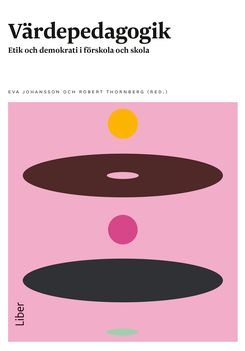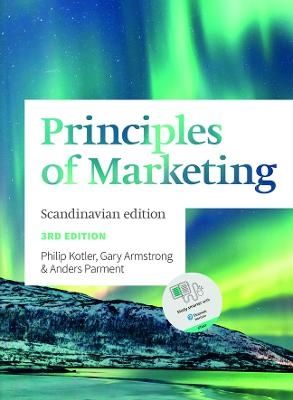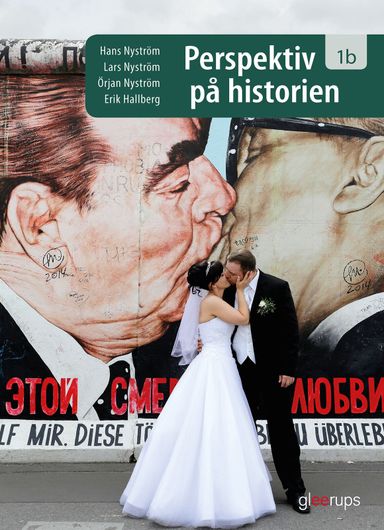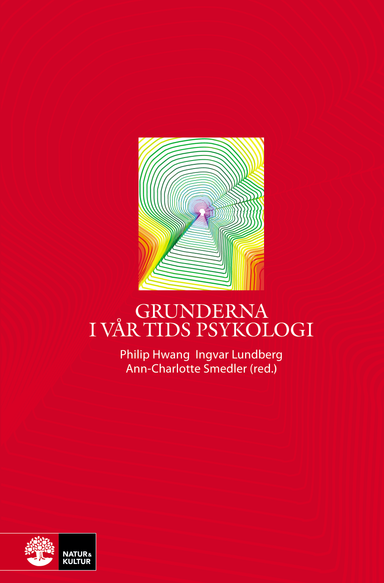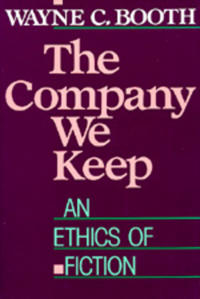

The Company We Keep
- Utgiven: 1989
- ISBN: 9780520062108
- Sidor: 580 st
- Förlag: University of California Press
- Format: Häftad
- Språk: Engelska
Om boken
In "The Company We Keep", Wayne C. Booth argues for the relocation of ethics to the center of our engagement with literature. But the questions he asks are not confined to morality. Returning ethics to its root sense, Booth proposes that the ethical critic will be interested in any effect on the ethos, the total character or quality of tellers and listeners. Ethical criticism will risk talking about the quality of this particular encounter with this particular work. Yet it will give up the old hope for definitive judgments of 'good' work and 'bad'. Rather it will be a conversation about many kinds of personal and social goods that fictions can serve or destroy. While not ignoring the consequences for conduct of engaging with powerful stories, it will attend to that more immediate topic, What happens to us as we read? Who am I, during the hours of reading or listening? What is the quality of the life I lead in the company of these would-be friends? Through a wide variety of periods and genres and scores of particular works, Booth pursues various metaphors for such engagements: 'friendship with books', 'the exchange of gifts', 'the colonizing of worlds', 'the constitution of commonwealths'. He concludes with extended explorations of the ethical powers and potential dangers of works by Rabelais, D. H. Lawrence, Jane Austen, and Mark Twain.
Åtkomstkoder och digitalt tilläggsmaterial garanteras inte med begagnade böcker
Mer om The Company We Keep (1989)
I december 1989 släpptes boken The Company We Keep skriven av Wayne C Booth. Den är skriven på engelska och består av 580 sidor. Förlaget bakom boken är University of California Press.
Köp boken The Company We Keep på Studentapan och spara pengar.
Referera till The Company We Keep
Harvard
Booth, W. C. (1989). The Company We Keep. University of California Press.
Oxford
Booth, Wayne C, The Company We Keep (University of California Press, 1989).
APA
Booth, W. C. (1989). The Company We Keep. University of California Press.
Vancouver
Booth WC. The Company We Keep. University of California Press; 1989.


